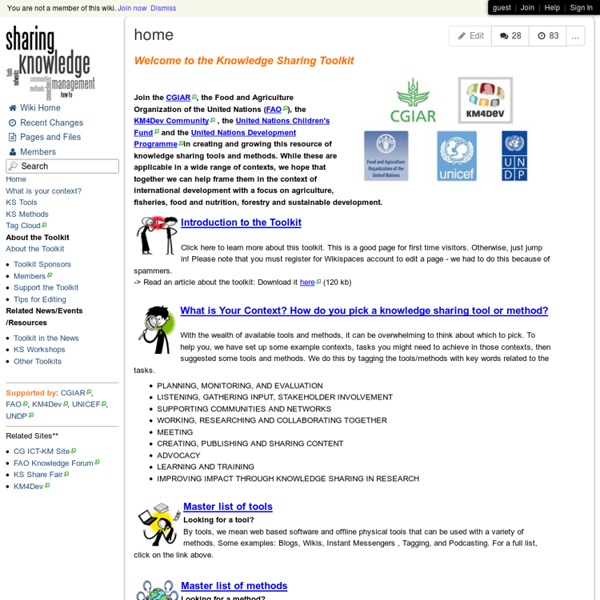Awesome Chart Comparing Traditional Versus 21st Century Learning
February 4, 2015 In his classic book “Education and Experience” John Dewey talks about the dichotomy between traditional and progressive forms of education saying that such a dichotomy polarizes discussions around educational matters. Dewey, instead, argued for an experience-based model that builds on the drawbacks and strengths of both models to form a holistic conceptualization of what a student-centred education should be like. Today, as I stumbled upon this beautiful chart on Mindhsift’s Facebook page I could not help but connect it to Dewey’s discussion of experiential and progressive learning. What in the chart is labelled 21st century learner is in fact the kind of learner Dewey theorized in his work more than half a century ago.
Isaac Asimov on the Thrill of Lifelong Learning, Science vs. Religion, and the Role of Science Fiction in Advancing Society
by Maria Popova “It’s insulting to imply that only a system of rewards and punishments can keep you a decent human being.” Isaac Asimov was an extraordinary mind and spirit — the author of more than 400 science and science fiction books and a tireless advocate of space exploration, he also took great joy in the humanities (and once annotated Lord Byron’s epic poem “Don Juan”), championed humanism over religion, and celebrated the human spirit itself (he even wrote young Carl Sagan fan mail).
How the Flipped Classroom Is Radically Transforming Learning
Editor's Note:Posts about the flipped class on The Daily Riff beginning in January 2011 have generated over 240,000 views to-date - thanks contributors and readers . . . See our other links related to the flipped class below this guest post. Since this post was written, Bergmann and Sams have released their book, Flip your Classroom: Reach Every Student in Every Class Every Day. Do check it out. - C.J.
Practice-based professional learning
The range of concerns may be seen, for example, in the UK Open University's practice-based professional learning centre,[1] one of the Higher Education Funding Council for England's centres for excellence in teaching and learning.[2] Its interests cover the inter-relation of various forms of professional knowledge, ways of fostering them and their co-ordination, workplaces as sites of learning, the assessment of practice-based learning achievements, and the use of modern technologies to support distributed learning. Other centres for excellence occupy some or all of the territory, notably the Professional Development Unit at the University of Chester,[3] SCEPTrE in the University of Surrey,[4] CEPLW in the University of Westminster[5] and NCWBLP in Middlesex University.[6] Interest in this territory is not confined to the UK, with some of the most respected work associated with David Boud at the University of Technology, Sydney, NSW.[7] See also[edit] Reflective practice
Learners Should Be Developing Their Own Essential Questions
Having essential questions drive curriculum and learning has become core to many educators’ instructional practices. Grant Wiggins, in his work on Understanding By Design, describes an essential question as: A meaning of “essential” involves important questions that recur throughout one’s life. Such questions are broad in scope and timeless by nature. They are perpetually arguable – What is justice? Is art a matter of taste or principles?
The 30 Second Habit That Can Have a Big Impact On Your Life
There are no quick fixes. I know this as a social science junkie, who’s read endless books and blogs on the subject, and tried out much of the advice — mostly to no avail. So I do not entitle this post lightly. And I write it only having become convinced, after several months of experimentation, that one of the simplest pieces of advice I’ve heard is also one of the best. It is not from a bestselling book — indeed no publisher would want it: even the most eloquent management thinker would struggle to spin a whole book around it. Nor is it born out of our world of digital excess and discontent.



